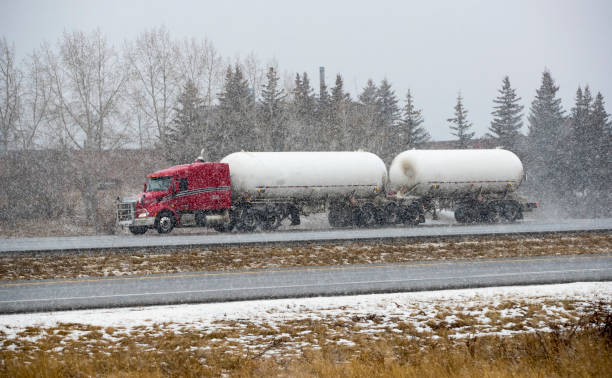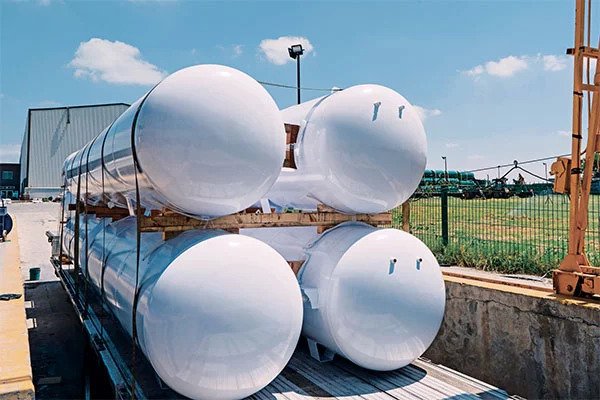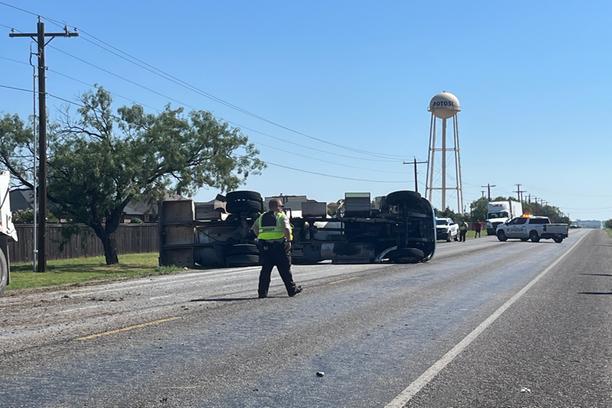Propane Delivery During Severe Weather
Navigating Extreme Conditions Delivering propane in extreme weather conditions presents unique challenges that require careful planning, proactive safety measures, and adaptability. From scorching heat waves to blustery snow storms, propane companies must ensure uninterrupted service to their customers while safeguarding their employees during severe weather events. This guide outlines best practices for maintaining efficient propane… Continue reading Propane Delivery During Severe Weather



